Working to improve mutual understanding between the Middle East and the West
Working to improve mutual understanding between the Middle East and the West
No products in the basket.
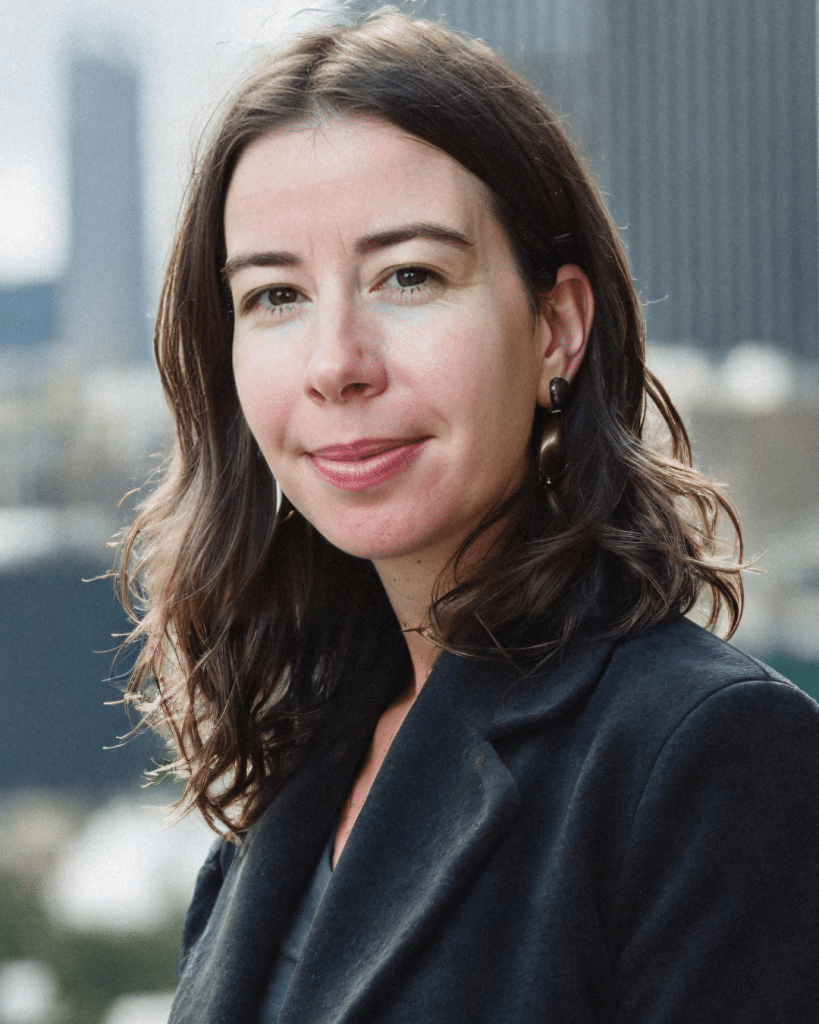
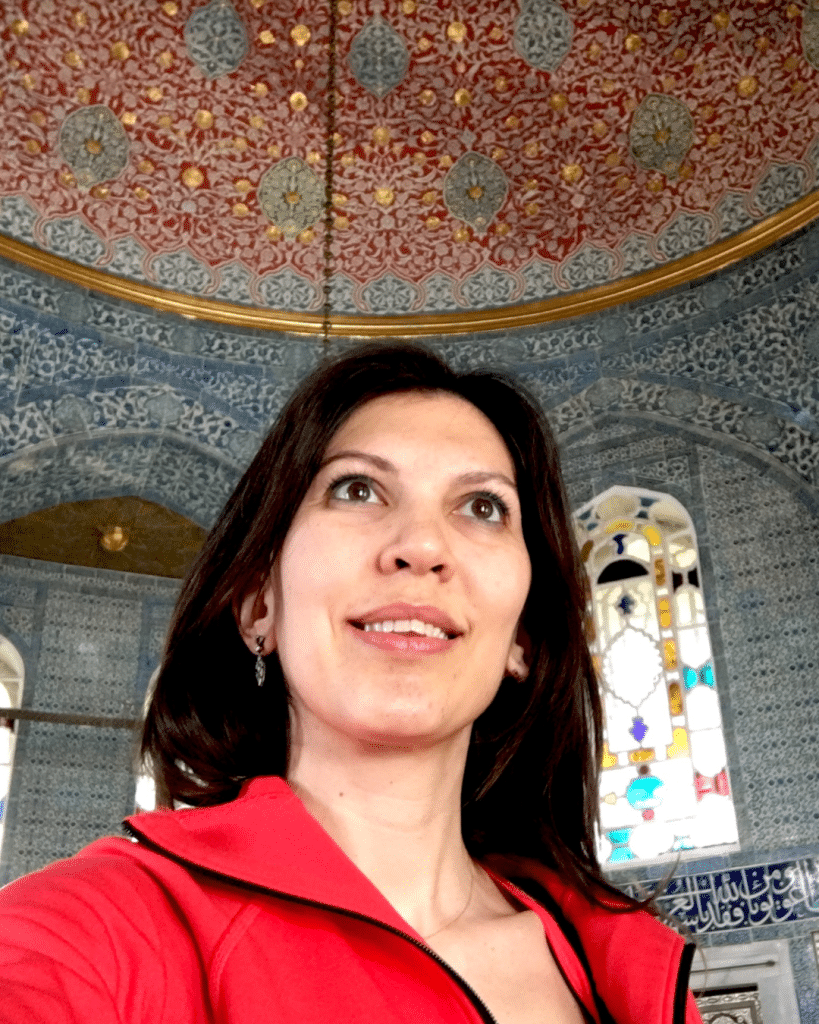
Exploring the Istanbul Archaeological Museum Archives for Cultural Heritage in the Ottoman Empire during the First World War and Allied Occupation
The close of the First World War in the Ottoman Empire was a time of trauma, genocide and occupation, it was also a period in which a new international order was being established. In this context, both Ottoman and occupying Allied Powers made use of the material culture in Ottoman territory, such as antiquities, manuscripts, and art to further their goals.
This research project draws from the newly available archive of the Istanbul Archaeological Museum, and so for the first time, an Ottoman perspective may be articulated. Against the European imperial narrative of the Ottoman empire as a danger to cultural artefacts, Ottoman elites established museums for the preservation and study of these materials. Similarly this research pushes against the exclusion of these Ottoman efforts from the academic record, recognising the agency of Middle Eastern actors in preserving their own history.
Discourses and practices were established in this period that continue to inform cultural heritage preservation today. Analysis of this period therefore links the research to ongoing issues around wartime conservation, particularly in Syria and Ukraine. Ultimately the project argues that the preservation of cultural heritage is a broad history, and cannot be reduced to a Western domain.
Dr Ceren Abi McGreevy Stafford is a Doctor of History; Middle Eastern Studies Association (MESA), Program Manager for MESA Global Academy; and Editorial Assistant at Gorgias Press
Assoc. Prof. Dr Nilay Ozlu is an Associate Professor in the Faculty of Architecture at Istanbul Technical University
Ismail Kesin is a Research Assistant and PhD candidate with the University of Crete History and Archeology Department
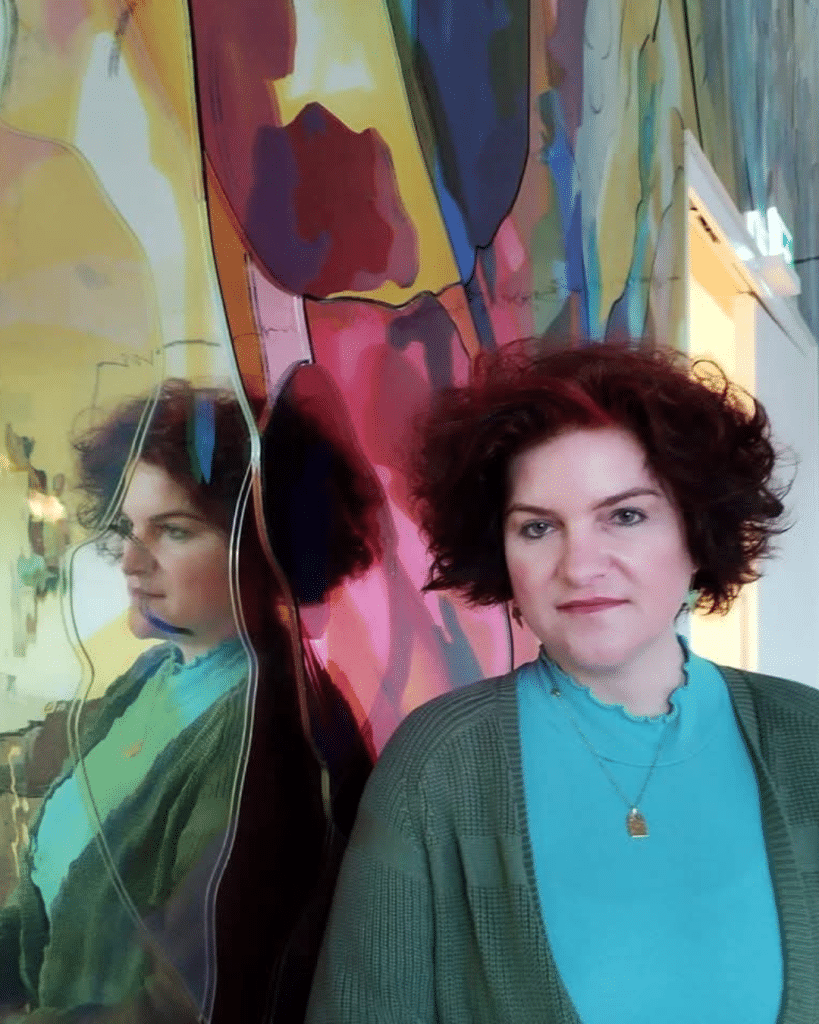
Compassion as a Strategy Against Polarization in School Crisis Pedagogy
Dr Domsel’s research project offers a solution to increasingly polarised social relations in the classroom. Christianity and Islam’s shared value of compassion may provide a common cultural reference point by which to orient RE lessons towards greater understanding and respect.
By emphasising compassion as a key teaching of Christ, and integral to the holy attribute of rahma (mercy) in the Quran, this research proposes a new pedagogical approach by which to overcome cultural divisions and extremism in an educational setting. The research consists of training workshops and materials to help educators not only teach about compassion, but embed the practice in their classrooms through compassion-based learning approaches such as reflective storytelling, interfaith dialogue, and service learning.
The research experience and outcomes will form a book to further academic discourse on interfaith and intercultural education, and extend the impact of the findings.
Dr Maike Maria Domsel is a Doctor of Theology at the University of Bonn
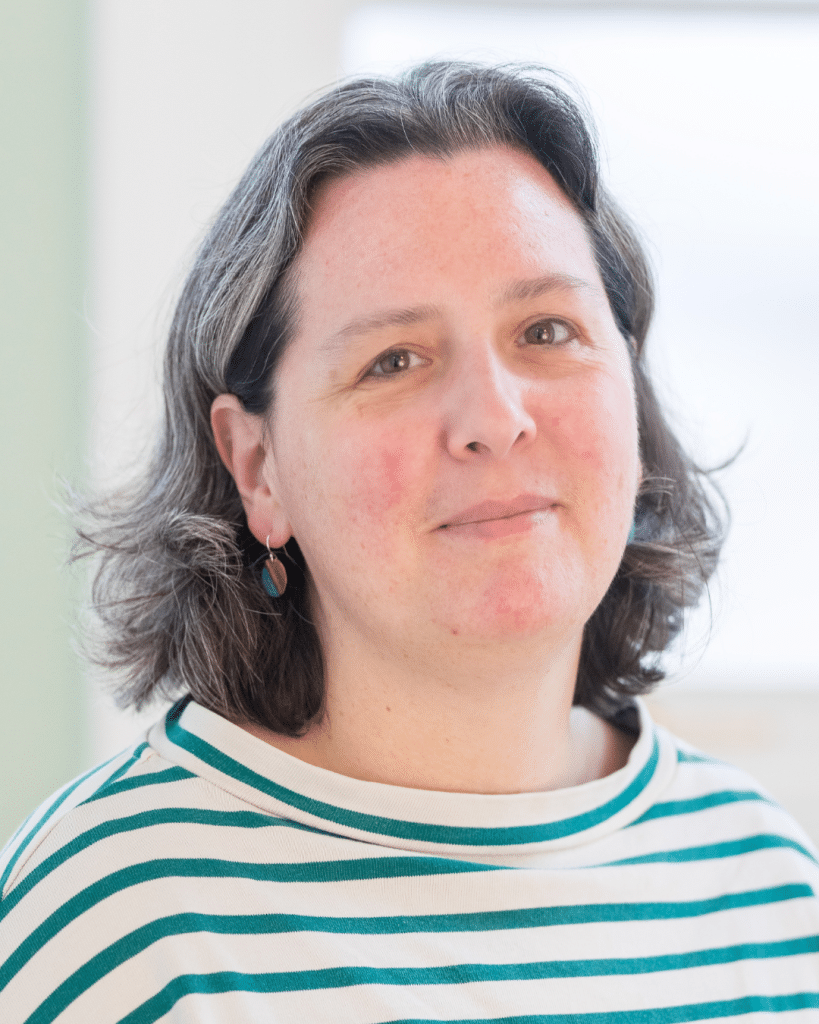
Islamic Wood Networks: an exploratory workshop
Islamic woodworking has been a neglected, even maligned, field of study. Yet, as the research of Dr Rosser-Owen et al demonstrates, it testifies to an important continuous practice from the medieval period to the modern day – one which charts artistic and architectural craftsmanship as well as the trade routes through which wooden objects moved.
To address the lack of research in Islamic woodwork, this research project will convene researchers, curators, heritage professionals, and makers in Cairo to address shared research questions and problems, as well as visit wooden architectural sites and observe contemporary practices. The Cairo workshop aims to facilitate productive discussions, and lead to the creation of a new interconnected network of interdisciplinary experts in Islamic woodwork.
Dr Mariam Rosser-Owen is a Curator in the Victoria and Albert Museum’s Middle Eastern Section
Dr Anna McSweeney is an Assistant Lecturer in the Department of History of Art and Architecture at Trinity College Dublin
Prof. Marcus Milwright is a British Academy Global Professor at the University of York
Dr Omniya Abdel Barr is the Head of Development for the Egyptian Heritage Rescue Foundation
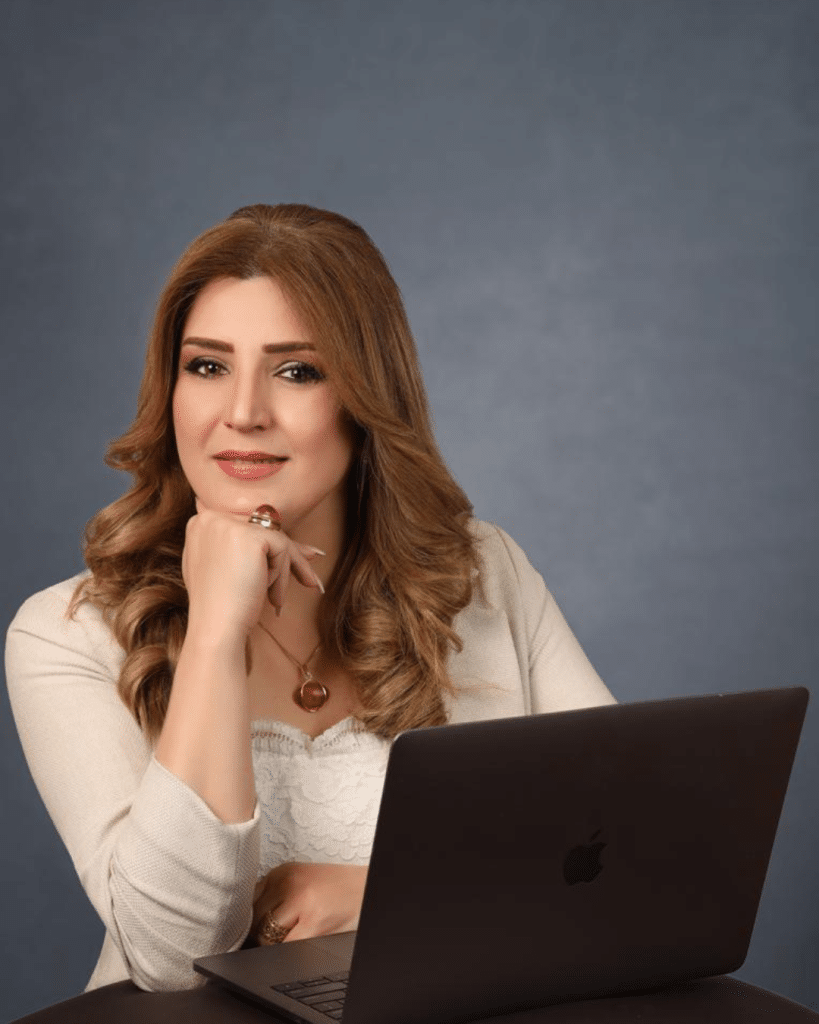
Documenting Syrian Art History in the Post-conflict Phase Aleppo’s Old City Epigraphy, Inscriptions and Blazons
Aleppo’s old city has suffered degradation over time, particularly since the outbreak of civil war in 2011 and the recent earthquake in 2023. As the condition of many historical buildings deteriorates, their carved Arabic inscriptions may be permanently lost. Dr Asslan’s project will therefore document and catalogue the inscriptions to provide an authoritative resource for researching Aleppo’s historical, political, religious, and social narratives.
As well as its evident academic value, this project will assist the preservation of Aleppo’s rich cultural heritage, and provide a foundation for future restorative work to be undertaken by historians, art historians, architects, and craftsmen. By photographing and archiving the remaining inscriptions, this research answers the critical lack of a comprehensive examination of the inscriptions and ranks carved into the walls of the old city.
Dr Hala Asslan is a Cultural Heritage Expert, Consultant on the Conservation of Built Heritage, Researcher, and Lecturer
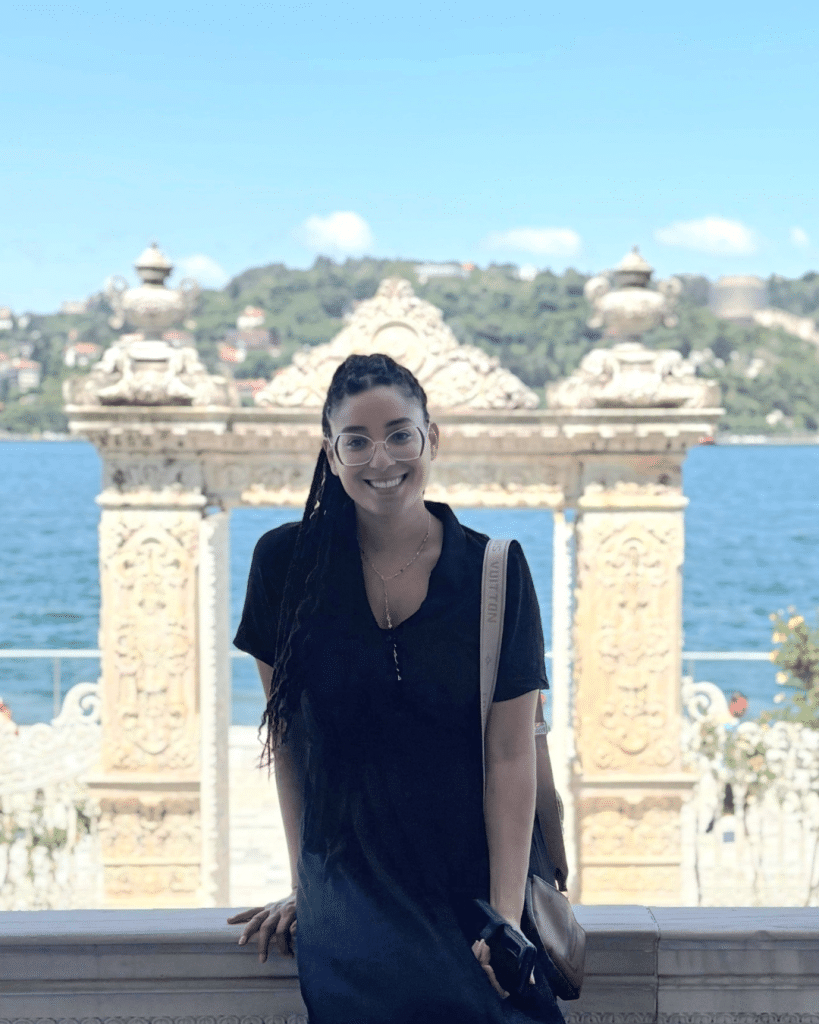
Drawing Dissent: DébaTunisie and the Power of Political Cartoons in Tunisia
Twenty years of transformation in Tunisia are explored through DébaTunisie, an anonymously authored political cartoon blog in a public talk and visual encounter. Based on her forthcoming book Z & DébaTunisie: Blogging, Cartooning, and Documenting Contemporary Tunisia, Dr Nairi explores the questions of authoritarianism, populism, social injustice, ecological degradation, and generational alienation. The event looks at how the visual language of satire can serve as both documentation and resistance. Beyond Libya, the questions asked by examining DébaTunisie resonate across boundaries; participants will be encouraged to reflect on their own contexts and perceptions.
Co-hosted with the anonymous artist of DébaTunisie known only as ‘Z’, the event will consist of an interactive exhibition and talk in Istanbul, where Dr Nairi will bring to life an dynamic intercultural space where political memory, artistic expression, and public dialogue intersect.
Dr Asma Hedi Nairi is a scholar and human rights professional, she is the MENA Regional Manager of the International Detention Coalition
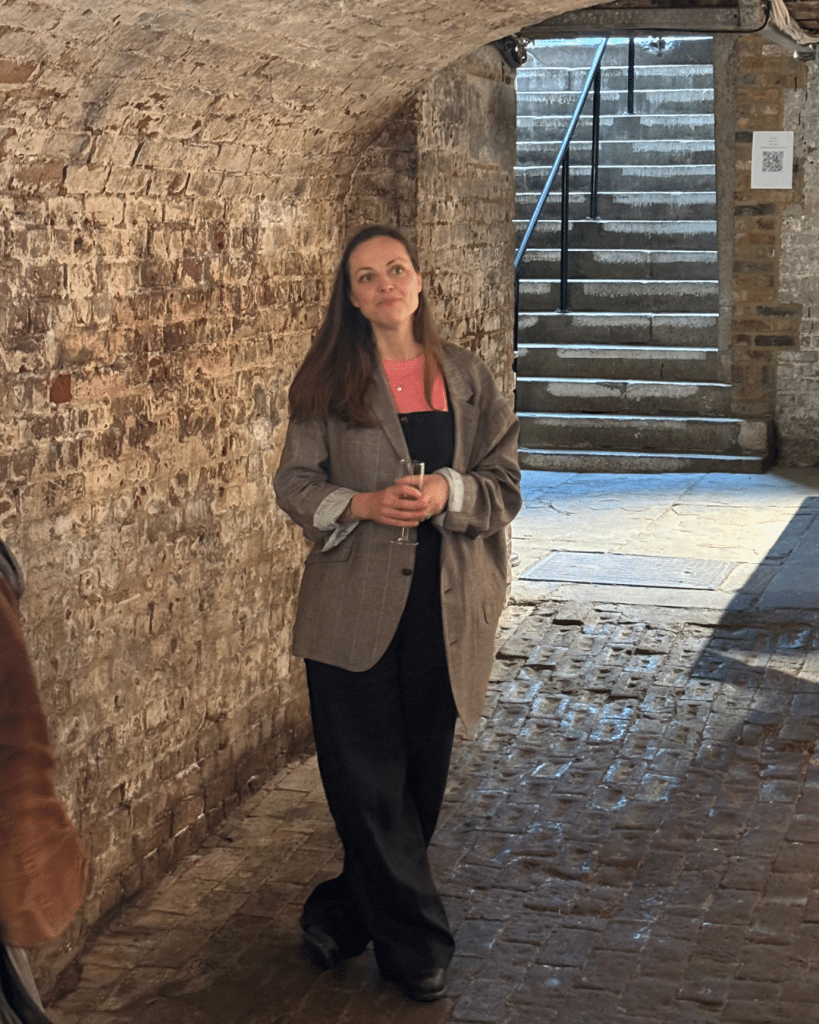
Rise, Habibi Exhibition at The Crypt Gallery, London – 50 Female Artists making work in response to Ancient Poems written by Arab & Muslim women over 1,000 years ago
Conscious of today’s political climate, ‘Rise, Habibi’ – an exhibition that ran during the first two weeks of June this year – promoted understanding across time, culture and identity. The exhibition placed the present in conversation with the past, emphasising our shared humanity and capacity for collaboration by using the poems of 30 Arab & Muslim women to inspire 50 contemporary female artists in the creation of new work that was shown at the Crypt Gallery in London.
A showcase of artwork from women of many faiths and cultures, Rise, Habibi provided a counterpoint to the masculine led world, uncovering connections in women’s lives across centuries. In conjunction with the exhibition there were poetry readings, a Q&A with artists, as well as music performances to create a deeply emotional and personal experience.
Róisín O’Loughlin is the creator and founder of Radical Love
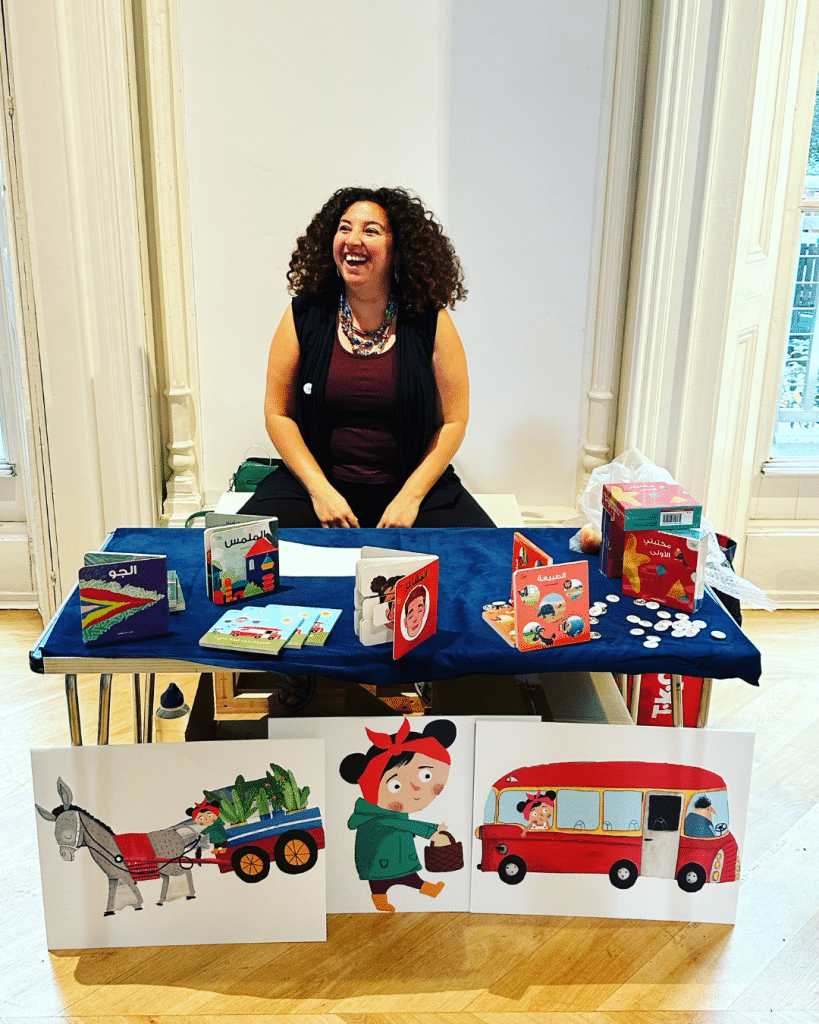
Rihla’s Treasure Hunt: Co-Creating Cross-Cultural Dialogue Through Islamic Art
While the UK hosts a world-class collection of Islamic art and artifacts, school curriculums seldom reference these traditions, or their interconnections with British art history. Seeking to remedy this oversight, Rihla’s Treasure Hunt provides classroom materials and workshops that foster intercultural dialogues among children in KS2. Particular attention is paid to how Islamic art has participated in our shared heritage, through objects such as victorian tiles inspired by Islamic geometry.
By staging the exploration of items of Islamic art as a ‘treasure hunt’ the encounter encourages mutual understanding and collaboration through play. The culture and history of MENA-heritage children is presented to bring pride and representation to children who may not ordinarily see themselves in their school curriculum.
Nada Sabet is the cofounder and director of Liblib Publishing
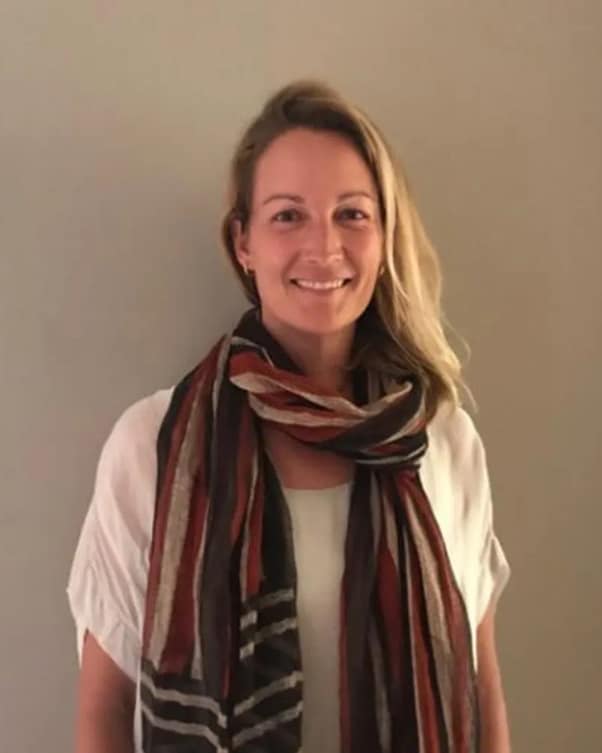
The Emamzadeh Yahya at Varamin, an Iranian shrine located an hour south of Tehran, is famous within the field of Islamic Art due to its lustre tilework made between 1260-1310 for the tomb’s cenotaph, mihrab, and dado. During the second half of the 19th century, however, the tilework was stolen, and today it is held in over fifty different museums worldwide.
For her project, Dr Overton aims to develop an extensive online exhibition dedicated to the shrine’s many looks, functions and stories over the last 700 years. She seeks to adopt a pluralistic lens, fostering a holistic re-appreciation of the shrine’s past and present through a mixture of observational fieldwork, mining photographic archives, researching provenance trails, and developing participatory initiatives that engage with local knowledge and belief.
The exhibition will offer audiences outside of Iran an unparalleled view of a typical Iranian emamzadeh and its Twelver Shi’a traditions, while integrating (often excluded) Iranian archives. The exhibition will be presented in both English and Persian.
Dr Keelan Overton is an independent scholar and historian of art and architecture based in Santa Barbara, California. She received her PhD in Islamic Art History from University of California.
Enter the exhibition here.
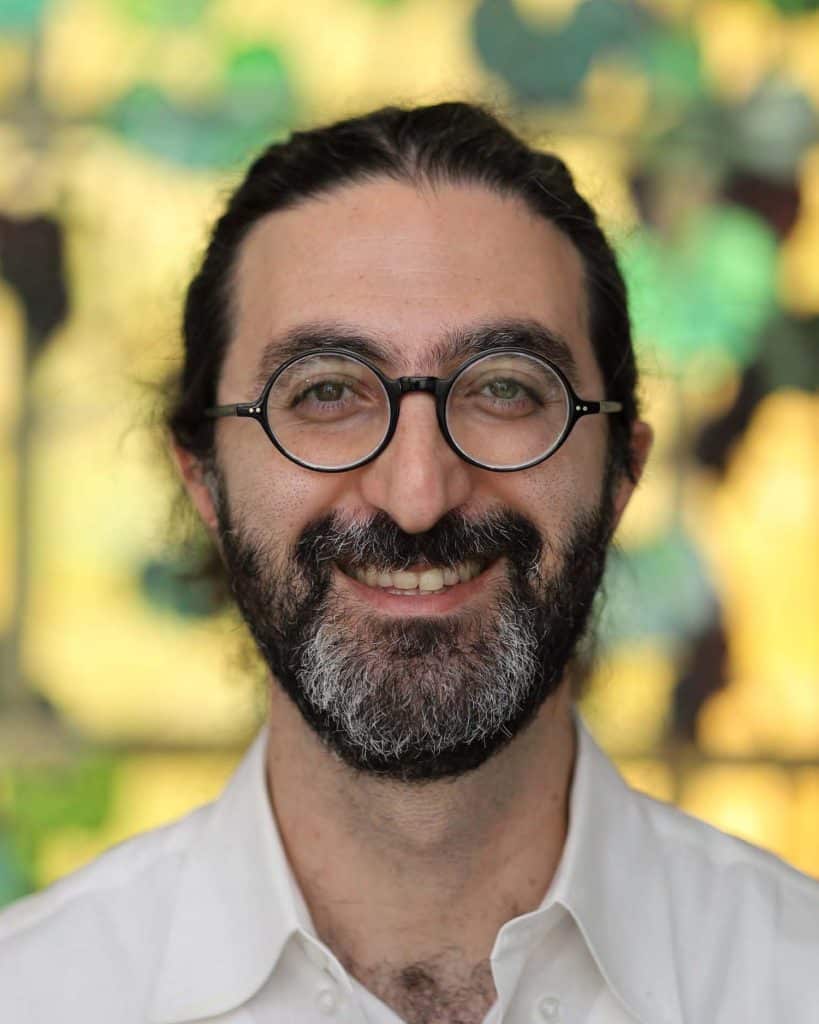
Dr Sayadi’s research project seeks to investigate the formation of the Hall of Asian Peoples (now known as the Gardner D. Stout Hall of Asian Peoples) at the American Museum of Natural History in New York. Being the largest cultural hall in the museum, the Hall of Asian Peoples displays approximately 3,000 artifacts in 16,000 square feet of exhibition space.
Dr Sayadi’s project will delve into the intricate dynamics of collections curation and exhibition design, examining the socio-political contexts surrounding the representation of West Asian cultures in Western ethnology museums more broadly. By adopting a cross disciplinary approach that interweaves art history, material culture studies and anthropology, the project will unravel the complexities inherent in portraying Asian cultures, specifically those of the MENA regions, in an American ethnology museum setting.
Dr Nader Sayadi is a Visiting Assistant Professor at the Department of Art and Art History with the University of Rochester.
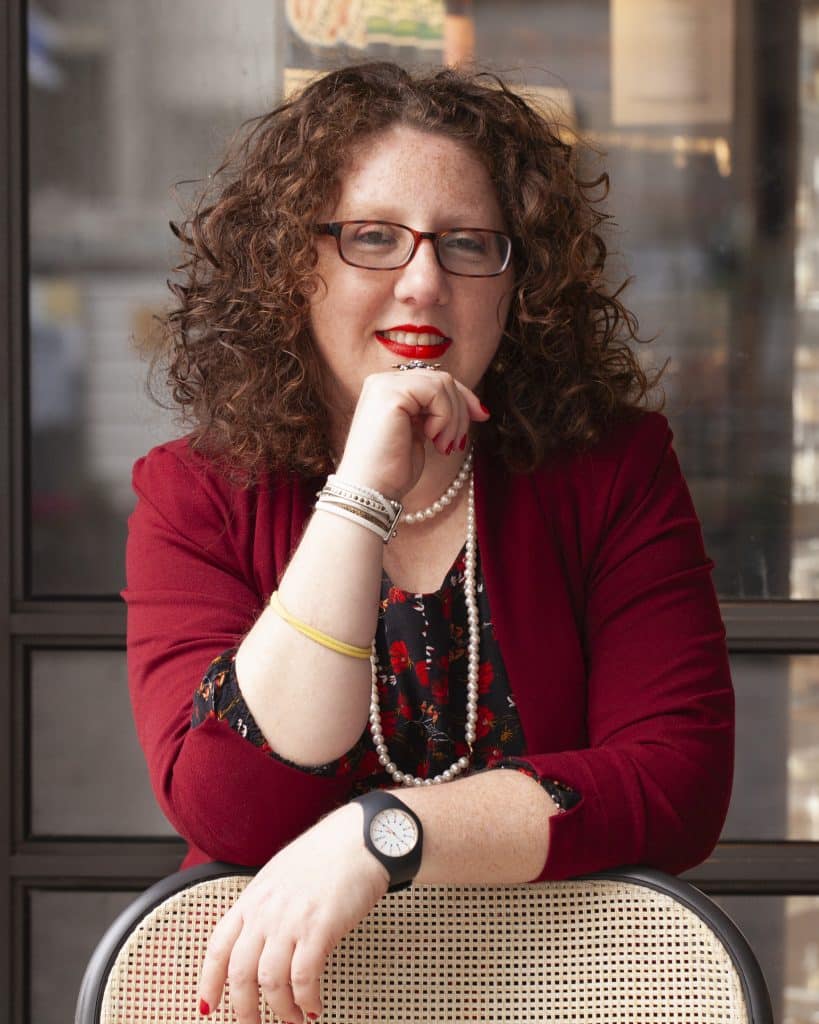
With the inception of the Turkish Republic in the first half of the 20th century, a range of secularisation phenomena spread across the previously Ottoman communities, particularly affecting Ottoman Jews, who began moving away from traditional structures and towards more modernising values. Then, with the leadership of Recep Erdogan in the 21st century and the re-espousal of religious orientations, the Turkish Jewish community saw yet another shift, this time towards a return and restrengthening of traditional religious processes.
Dr Aviv’s study aims to analyse the trajectory of religious weakening and strengthening within the Turkish Jewish community during this period, looking for potential correlations between the religious dynamics of the general Turkish Muslim population and those of the Jewish community in Turkey. This examination of religion-state relations in Turkey will serve as a wider critical lens through which we can better understand religion-society dynamics among Turkish Jews.
Dr Efrat Aviv is an Associate Professor in the General History Department at Bar Ilan University.
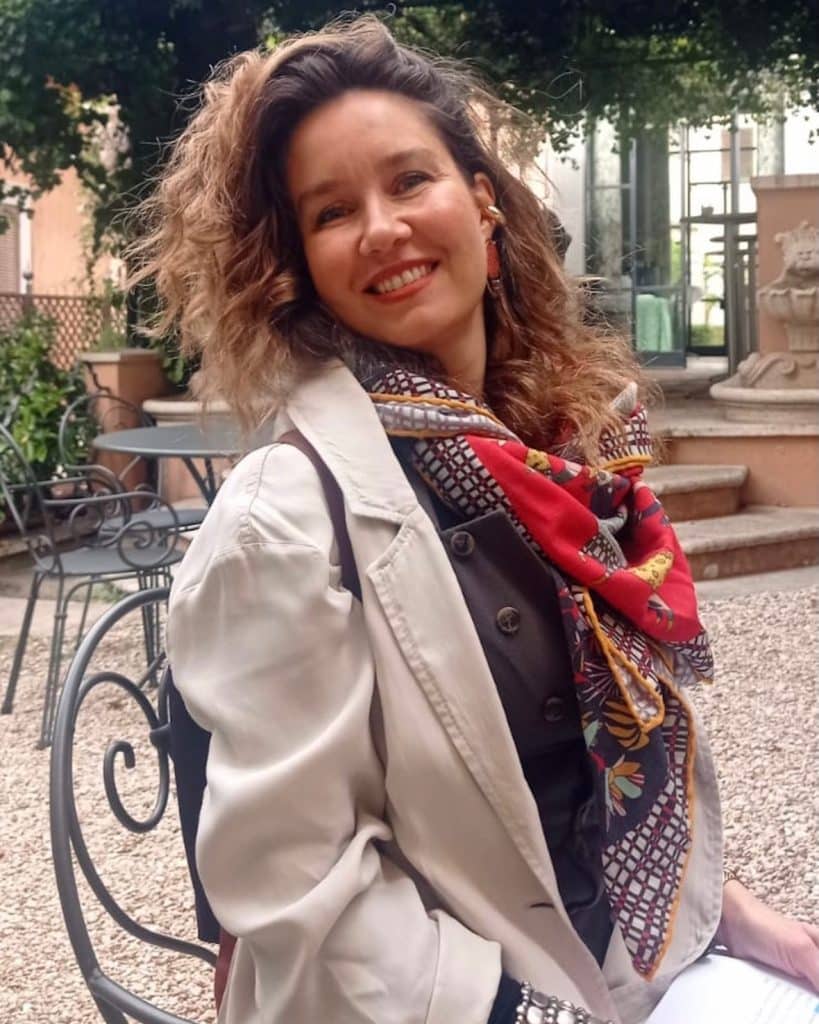
Dr Gizem’s research focuses on the participation of the Ottoman Empire at the Paris Exposition Universelle of 1900. Though the Ottoman Empire had been an active participant in previous international art exhibitions, the Paris exhibition was significant in that it occurred in the recent aftermath of the Armenian massacres that took place between 1894 and 1897, and when, as a result, the international perception of Ottoman fragility was at its height.
Dr Gizem’s project will draw on archival resources, exhibition catalogues, art reviews, diaries and memoirs to shed light on the goals of the Ottoman Empire at the exhibition, to examine how Ottoman artworks and artists were received and understood by audiences in the West, and to study the effect on art and artistic relations of rising political, social and military tensions in Europe and within the Ottoman empire itself.
Dr Gizem Tongo holds a doctorate in Oriental Studies from University of Oxford, St John’s College, where she was a Lord Dulverton Scholar and later a lecturer and Barakat Postdoctoral Scholar.
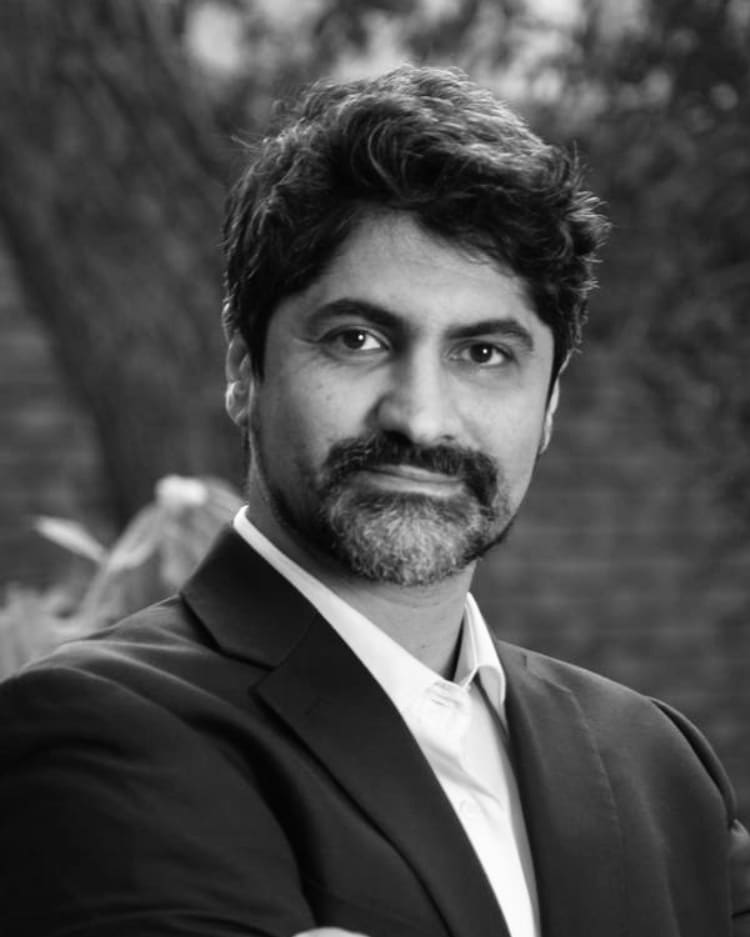
Based on over two years of fieldwork in Tehran, Dr Sefat’s Revolution of Things: The Islamism and Post-Islamism of Objects in Tehran (Princeton University Press, 2023) is an interdisciplinary study that combines anthropological and sociological insights to explore how provincial vocabularies transformed into Islamist and post-Islamist discourses through the circulation of international consumer products.
This project will see Dr Sefat present his work to a scholarly audience at several academic institutions in the UK (UCL, the LSE, and the University of Cambridge) and Germany (Humboldt University, the University of Hamburg, and the University of Bremen). Presenting his book, Dr Sefat hopes to promote a better understanding of the relationship between global material flows and cultural/political change.
Dr Kusha Sefat is an Assistant Professor in Sociology at the University of Tehran, Iran.
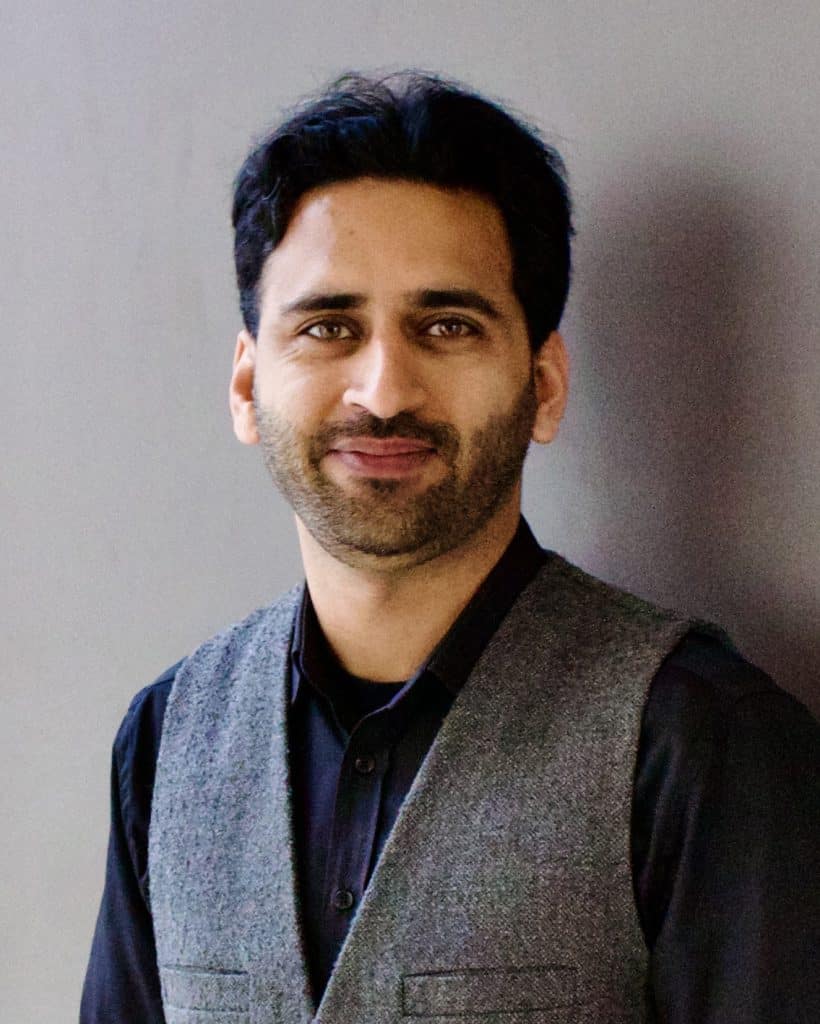
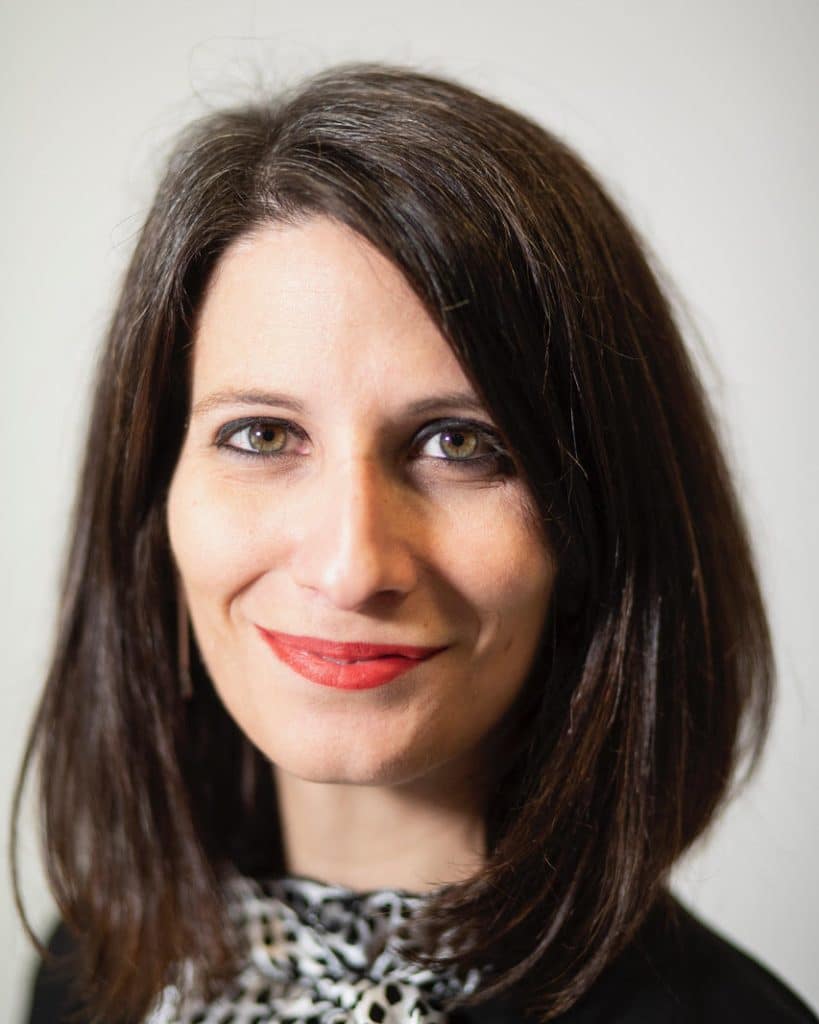
The complex interplay between culture and religion in Pakistan profoundly influences its social dynamics. Many non-Muslim minorities in Pakistan face a wide range of issues, including educational impediments, social inequality, and religious persecution. This project aims to promote social and academic discourse among minority groups in Lahore.
The purpose of this workshop is to promote inclusivity, tolerance and harmony among co-operating participants, by bringing together and improving relations between Catholic and Shia-Sunni Muslim clergy. This will hopefully enable an open channel of communication between culturally diverse groups, cultivating interfaith friendships and facilitating future collaborations among organisation in the West and MENA.
Dr Abdul Basit Zafar is a Post-Doctoral Researcher in Comparative Theology at the University of Bonn.
Elena Dini is a PhD Candidate in Missiology at the Pontifical Gregorian University of Rome. She is also the Senior Programme Manager at the John Paul II Centre for Interreligious Dialogue.
This project is mentioned here.
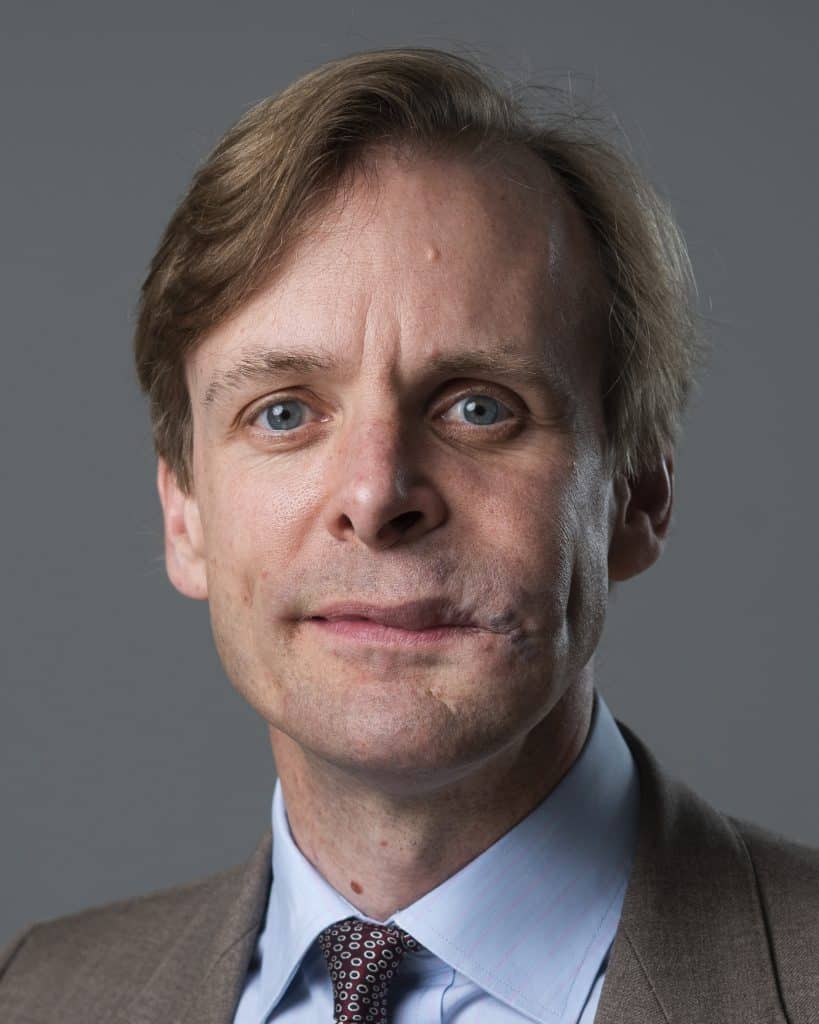
The Lausanne Treaty remade the Middle East at the end of the First World War, forcibly displacing 1.5m people in the name of peace and contributing to contemporary conceptions that Greeks and Turks have of themselves, and of each other, today.
Professor Conlin’s project seeks to encourage young people from Greece and Turkey to reconceptualise this pivotal episode in their shared history. This project will bring together Greek and Turkish secondary school teachers to collaborate in the development of learning activities to help equip their students with the knowledge to challenge nationalist narratives and to engage critically with their preconceived ideas about ‘nationality’, ‘minority’ and ‘migrant’.
Prof Jonathan Conlin is Professor of Modern History at the University of Southampton. He is also a co-convener of the Lausanne Project.
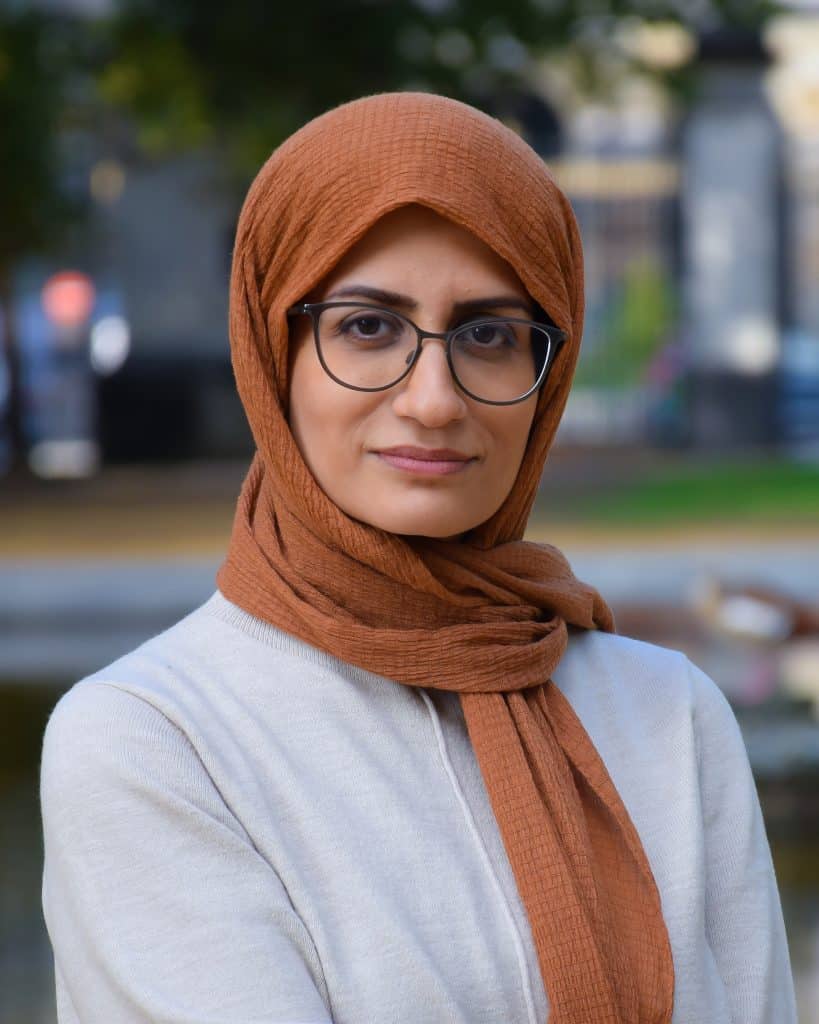
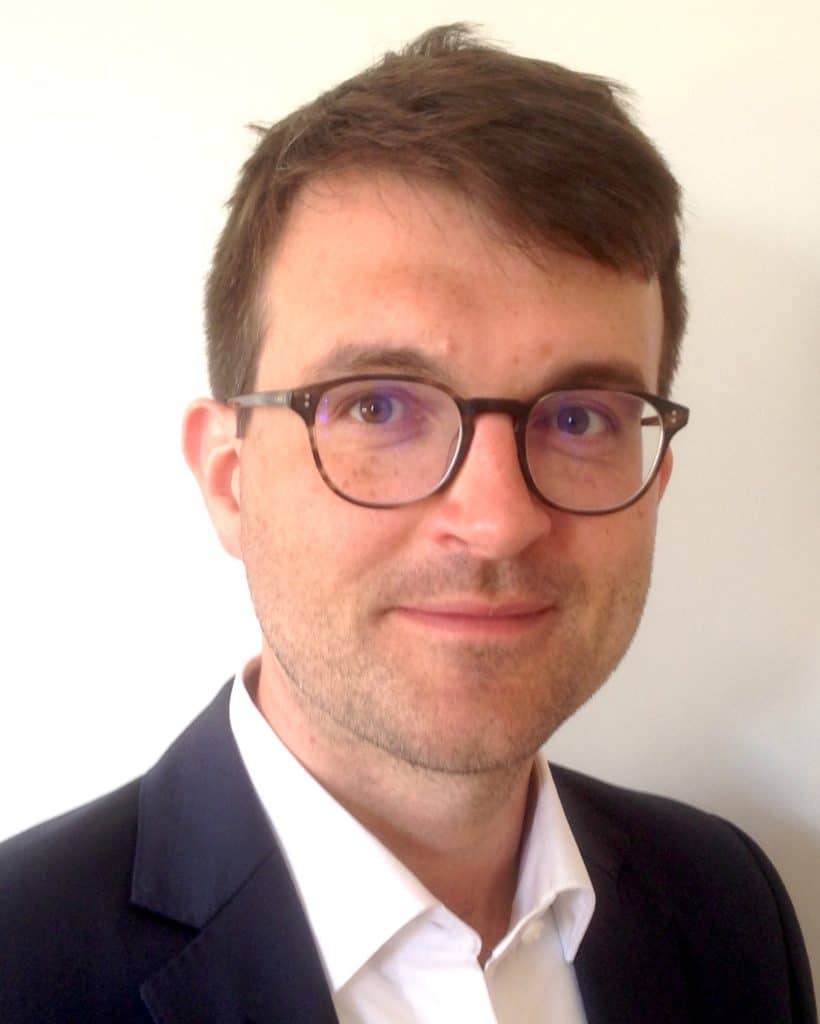
This collaborative project aims to improve the accessibility of Muslim texts to Christian theologians and, to the same end, make Christian texts accessible to Muslim theologians.
Through both online and in-person workshops, the two collaborators of this project will host sessions during which leading Muslim and Christian theologians will present key texts to one another from their faith traditions.
The outcome of their analysis will be published in two volumes, with the first to be focused on classical texts and the second with a focus on contemporary texts. The wider purpose of the project is to lay foundations for a new research agenda – one that allows for European and MENA-based theologians to learn from each other’s respective traditions.
Dr Fatima Tofighi is an Assistant Professor of Religious Studies at the University of Religions in Qom, Iran, and a Research Fellow at the International Center for Comparative Theology and Social Issues at the University of Bonn.
Professor Ulrich Schmiedel is a Professor of Global Christianities at Lund University, Sweden.
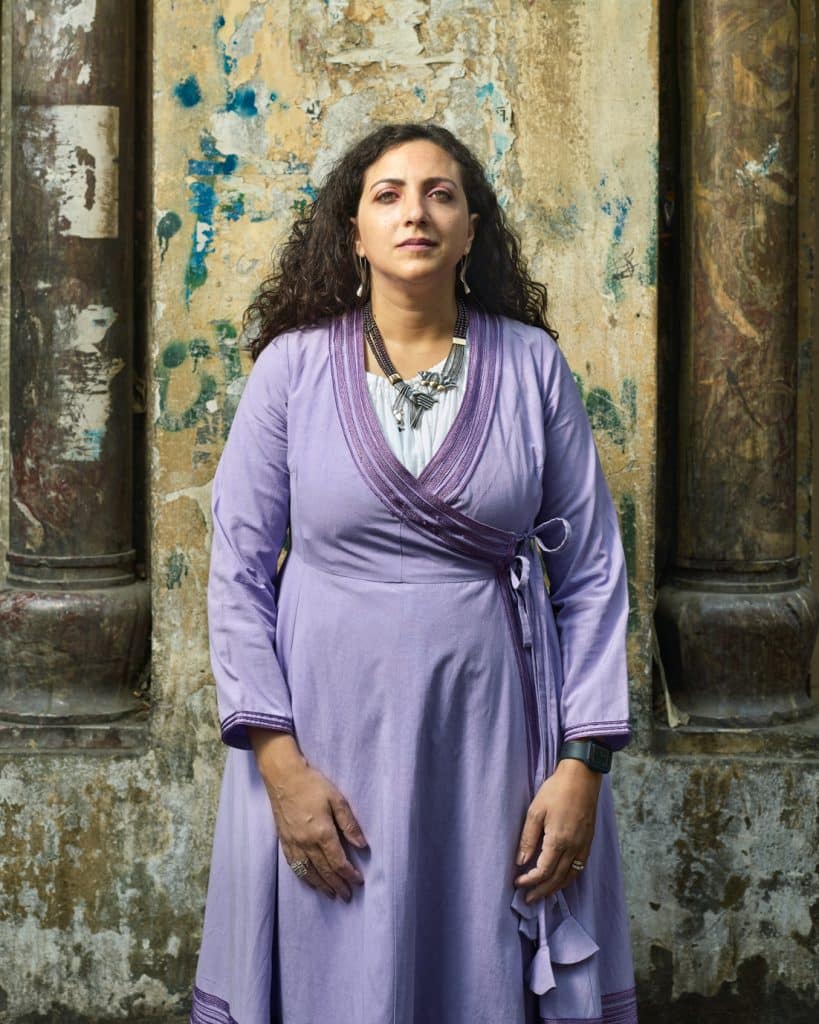
The study of Egyptology began with Napoleon’s campaign in Egypt in 1799, and has since been a field heavily dominated by Western scholars, politics, and power structures. Published works on the history of Egyptology have more often than not been written or edited by figures in the West, and have drawn disproportionality on archival sources found in Europe and North America.
For her research project, Dr Hanna aims to provide an alternative historical narrative to Egyptology, one that critically responds to Western historical accounts through an Egyptian lens. Documents found in archives in Egypt range from the time of Mehmet Ali (1831) until the time of Taha Hussein (1952), and Dr Hanna aims to compile and index these primarily unpublished resources in their entirety, ultimately developing a comprehensive thematic index for future Egyptology researchers.
Dr Monica Hanna is an Associate Professor and Acting Dean at the College of Archaeology and Cultural Heritage, with the Arab Academy for Science, Technology and Maritime Transport in Aswan.
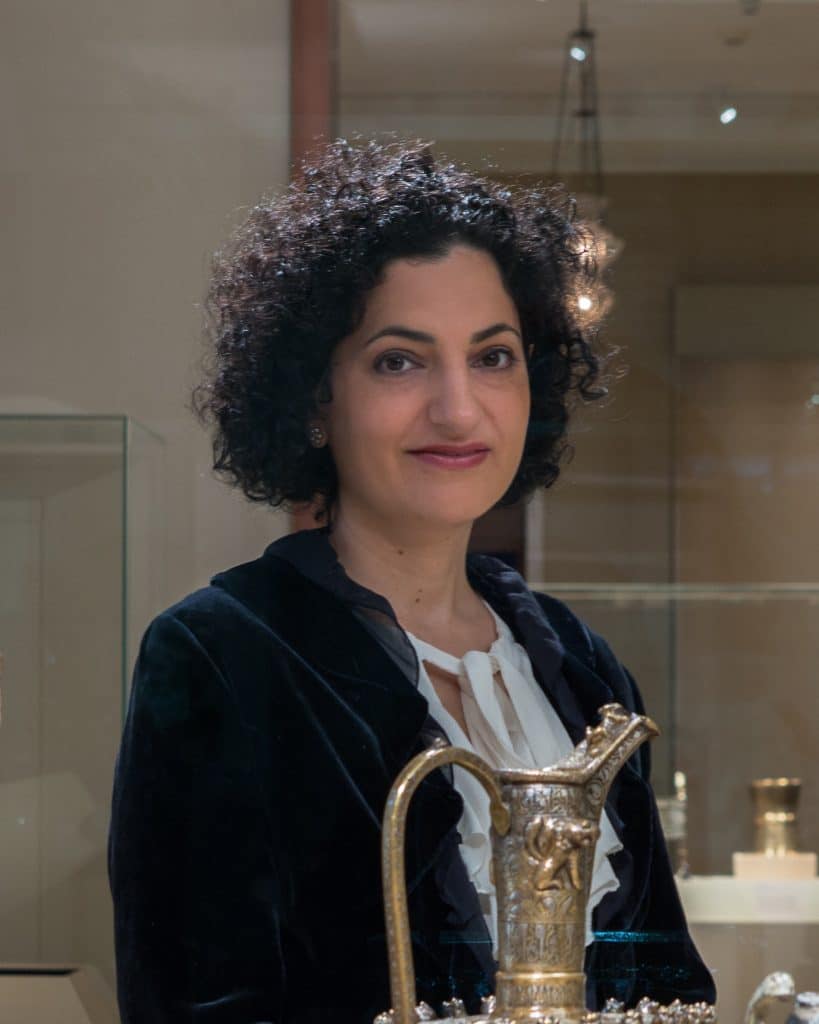
Dr Deniz Beyazit, Dr Hiba Abid, Dr Guy Burak, and Dr Sabiha Gölo
From West Africa to South East Asia: The History of Muhammad al-Jazuli’s Dala’il al-Khayrat Prayer Book (from the fifteenth to the twentieth century)
Since the mid-15th century Muhammad b. Sulayman al-Jazuli’s (d. 1465) Dalaʾil al- khayrat wa-shawariq al-anwar fi al-salat ʿala al-Nabi al-mukhtar has been one of the most widely-circulated devotional texts in the Sunni Islamic world. By the late 17th and early 18th centuries the text had spread across North, West, and East Africa, the Ottoman lands, the Indian Subcontinent, Southeast Asia, and would later go on to reach China and Central Asia.
This collaborative workshop aims to deepen the study of the Dalaʾil, including its impact in regions previously neglected by scholars, including India, China, as well as parts of Africa. In so doing it explores how the texts and images came together and how they were circulated. Attention will be given to the devotional aspects, as well as the Dala’il’s use in the context of Sufi worship and pilgrimage. This will not only further understanding of the Dala’il al-Khayrat and its impact, but also extend the history of Islamic culture and art more broadly.
Dr Deniz Beyazit is the Associate Curator of the Department of Islamic Art at the Metropolitan Museum of Art in New York.

Ms Roberta Marin
Searching for the Light
Mahmoud Said (1897-1964) continues to be celebrated as a pioneer of modern Eyptian paitning, both in Egypt and across the Arab world. Yet despite interest in his art and its practice, his life is rarely studied, especially outside his native Egypt.
Seeking to redress this neglect, Roberta Marin’s international conference at the Università La Sapienza in Rome will be dedicated to Said and the Egyptian modernist art scene of the early twentieth century. By bringing together a group of specialists from North Africa, the Middle East and the West, this gathering will expose Said’s life, art, and legacy to a wider international audience.
Ms Roberta Marin is Assistant Curator of the Khalili Collection of Islamic Art in London. She holds an MA in Islamic Art and Archaeology from the School of Oriental and African Studies.
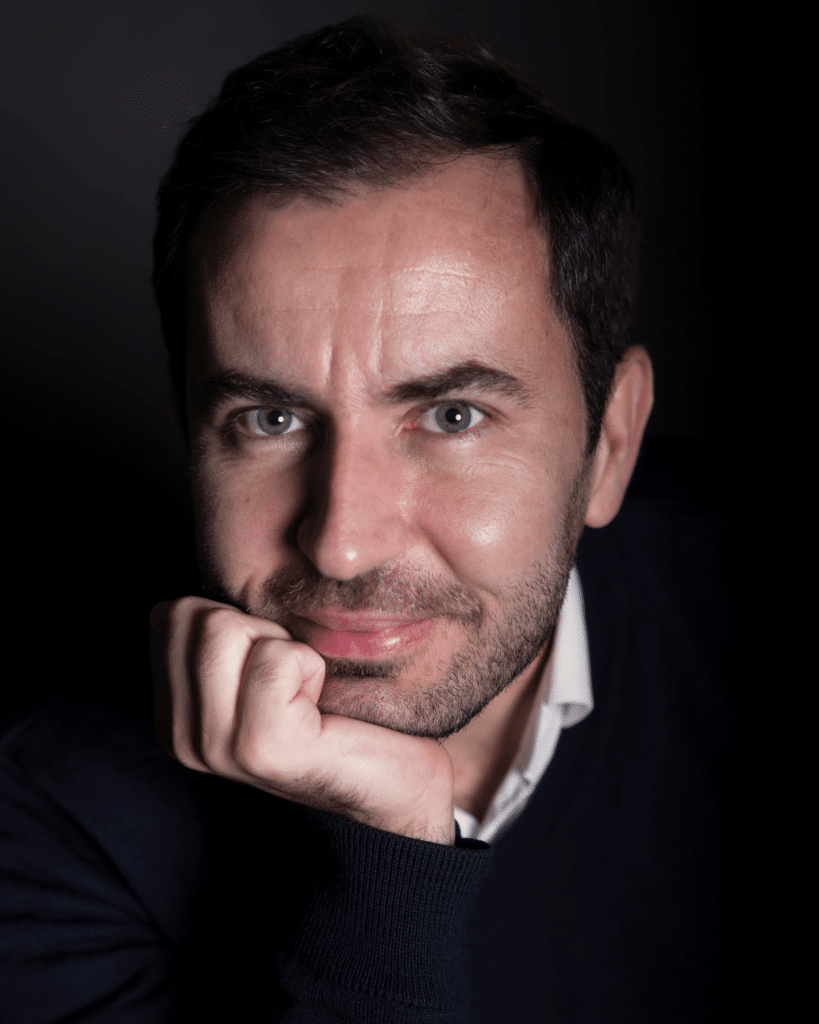
Dr Ozan Ozavci
The Lausanne Moment 100 Years On: Interdisciplinary Interventions
A century after the signing of the Lausanne Treaty and the forced population exchange that followed, the treaty continues to influence international politics and debates around sovereignty, migration, security, and national identity.
As co-convenor of The Lausanne Project, Dr Ozavci is organising an international and cross-disciplinary conference aimed at promoting academic discourse surrounding the treaty and its aftermath. The conference will see prominent scholars from across the fields of History, Political Science, International Relations, and Education Science (both from the West and the MENA) discuss the treaty, with the outcomes published as a successor volume to Ozavci and Conlin’s They All Made Peace – What Is Peace? The 1923 Lausanne Treaty and the New Imperial Order (2023).
Dr Ozan Ozavci is Assistant Professor of Trans-Imperial History at Utrecht University, co-convenor of the Lausanne Project, the Security History Network and Turkey Studies Network in the Low Countries.
Our work relies on the generous support of our donors. Any contribution, no matter how small, helps us achieve our aims.